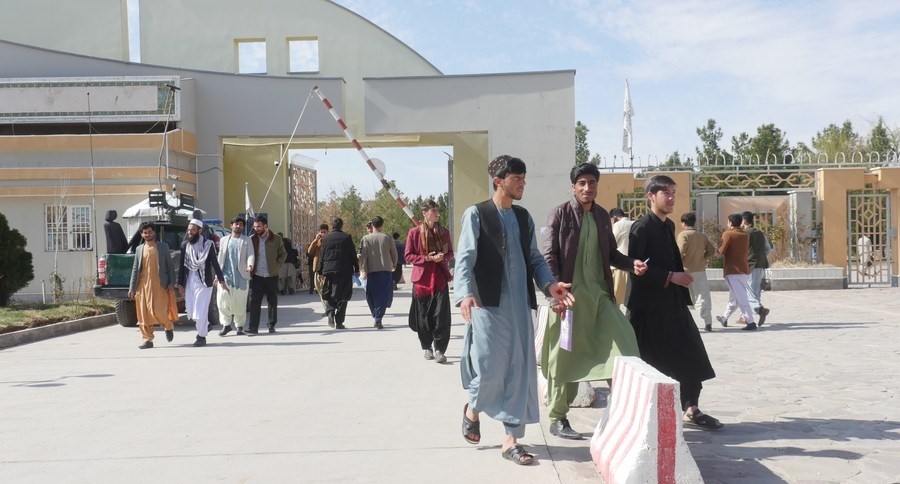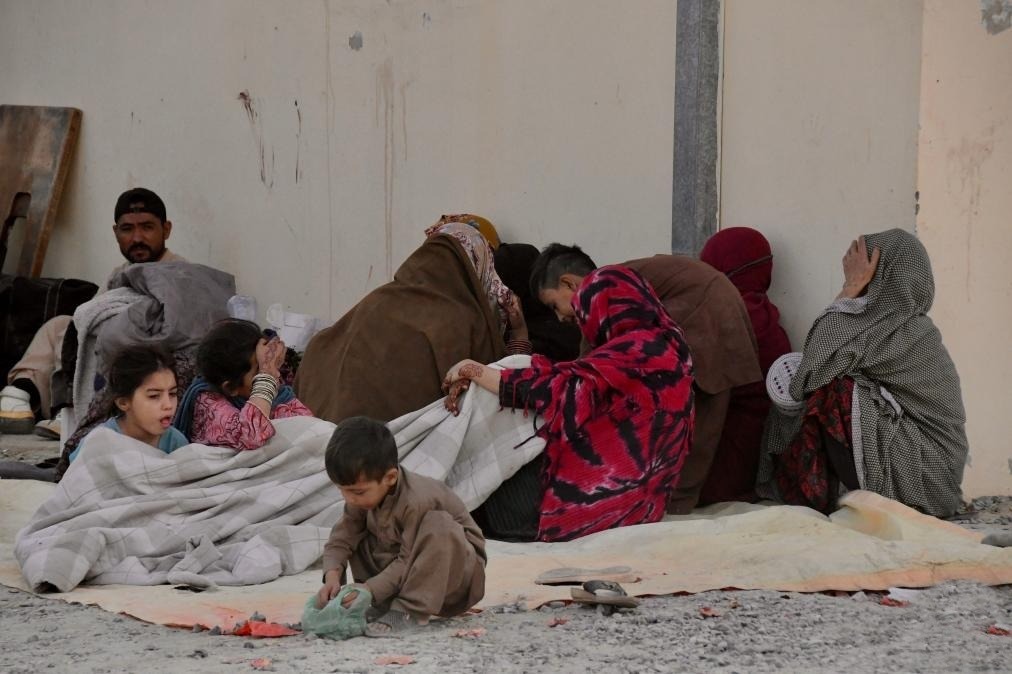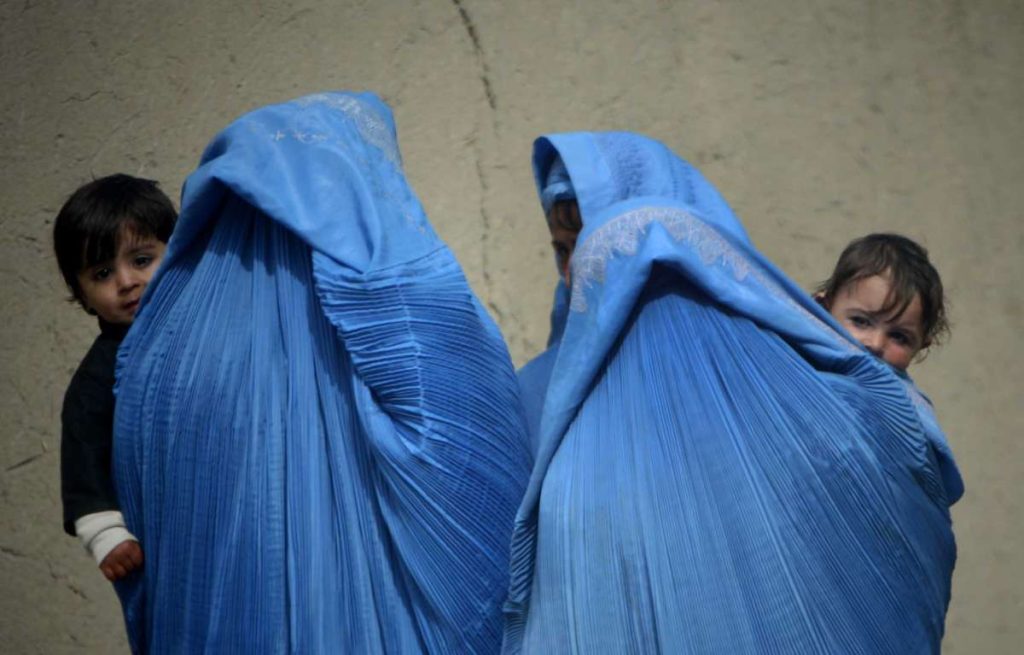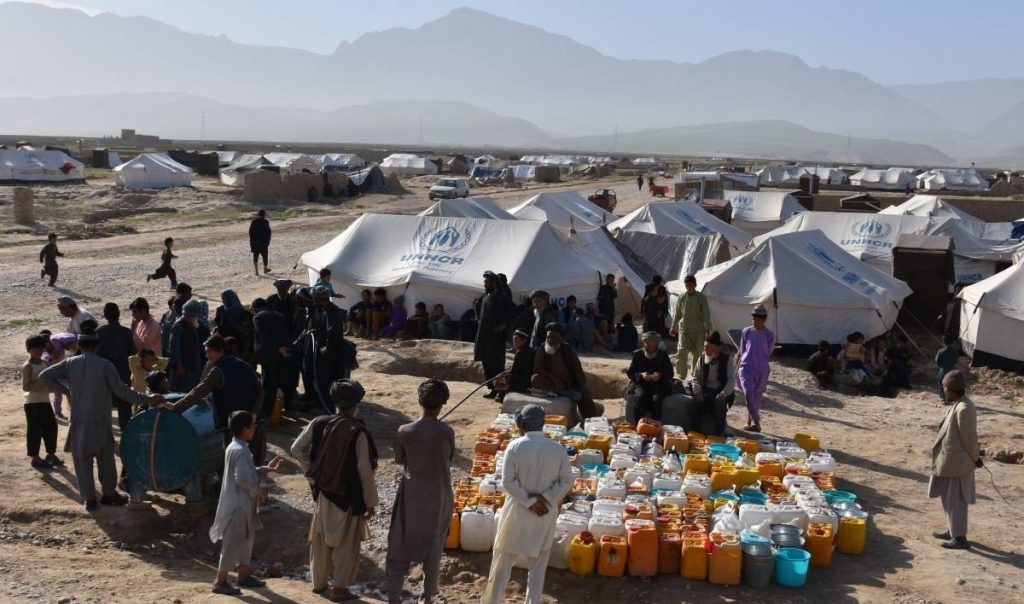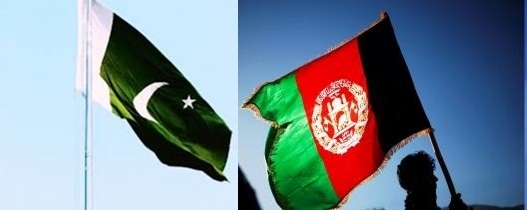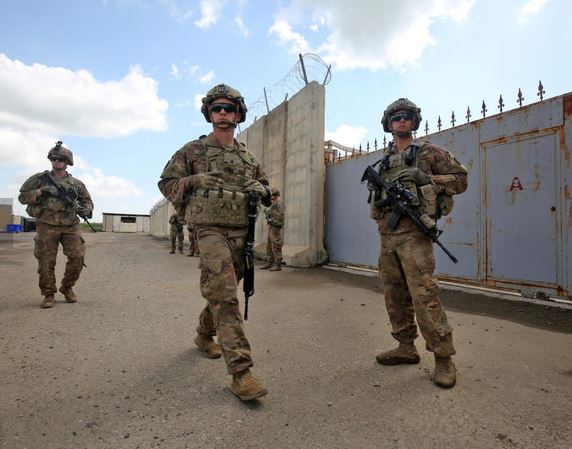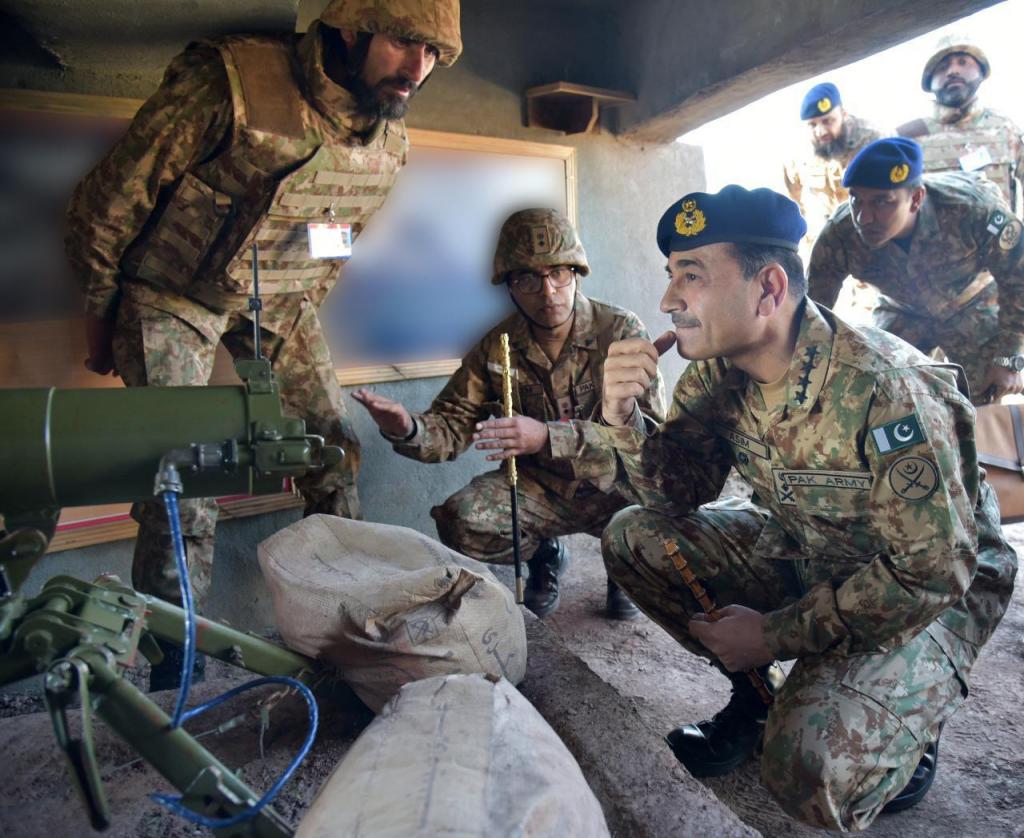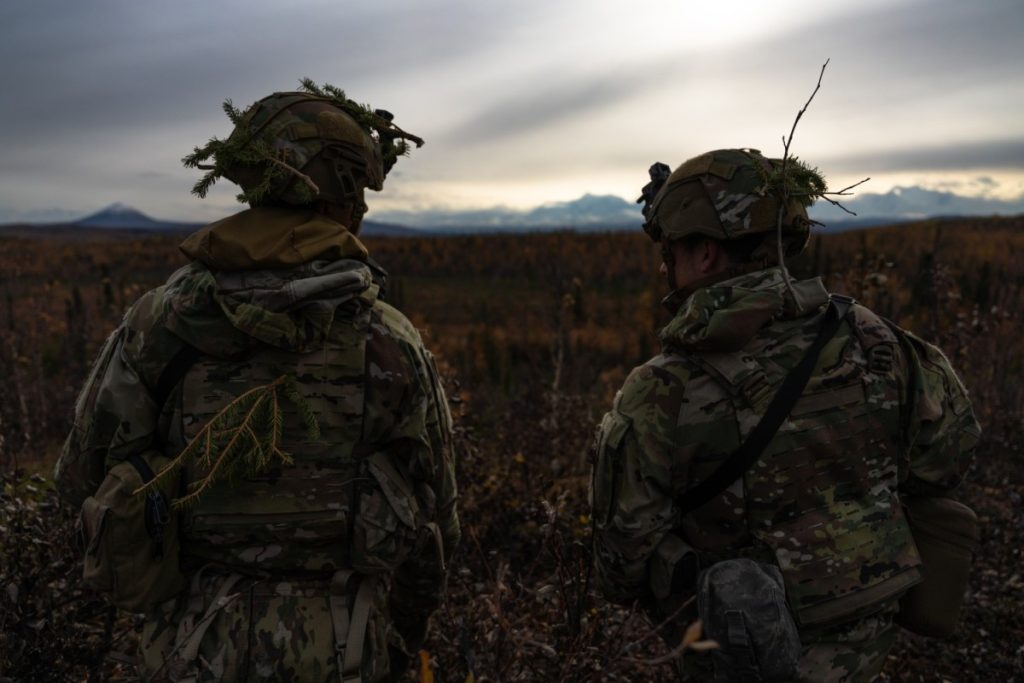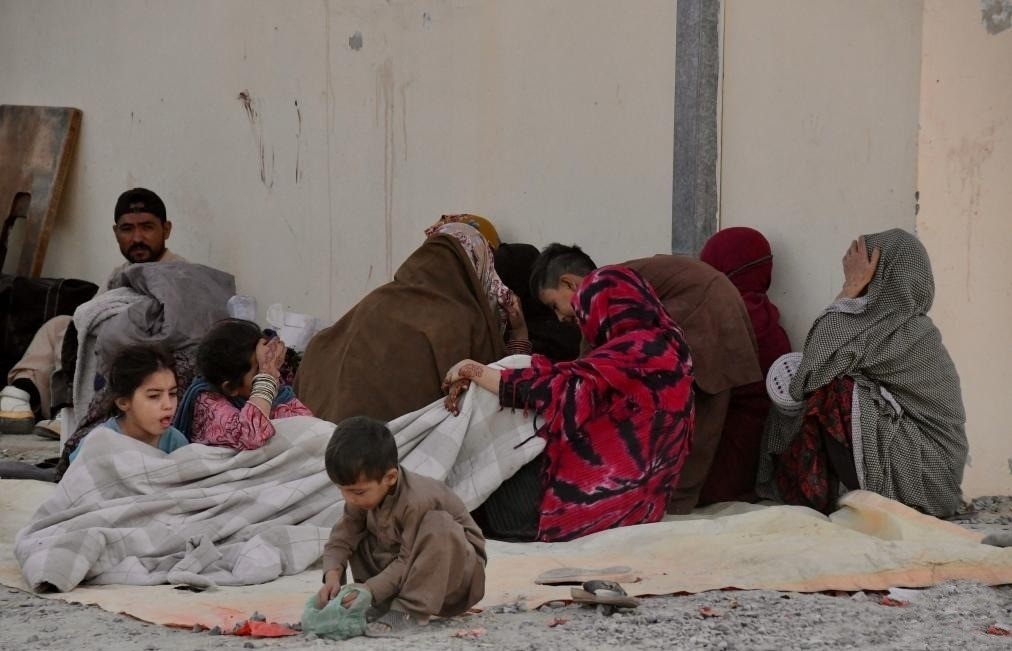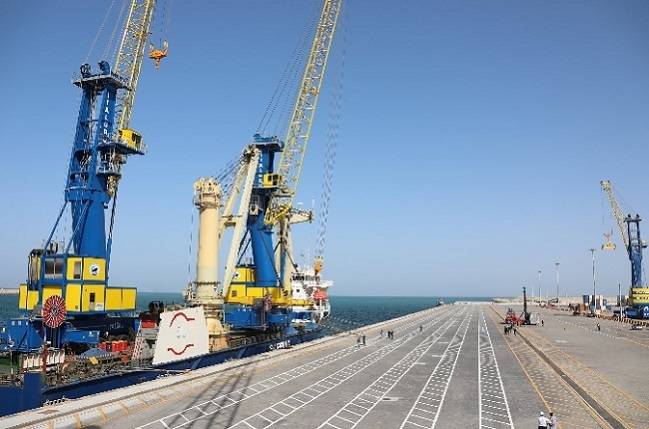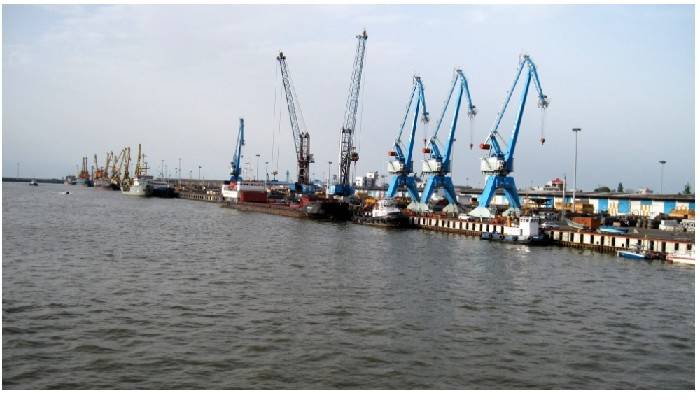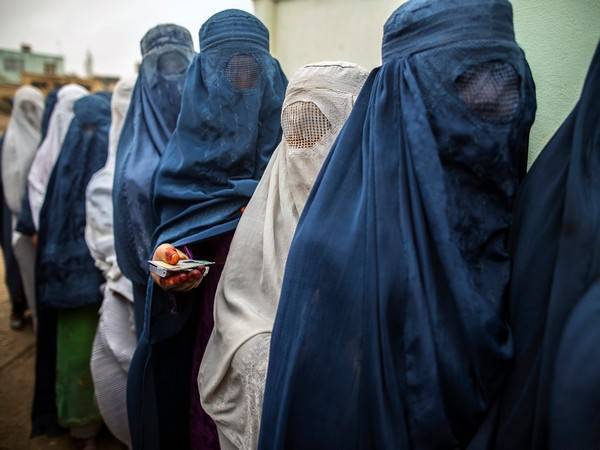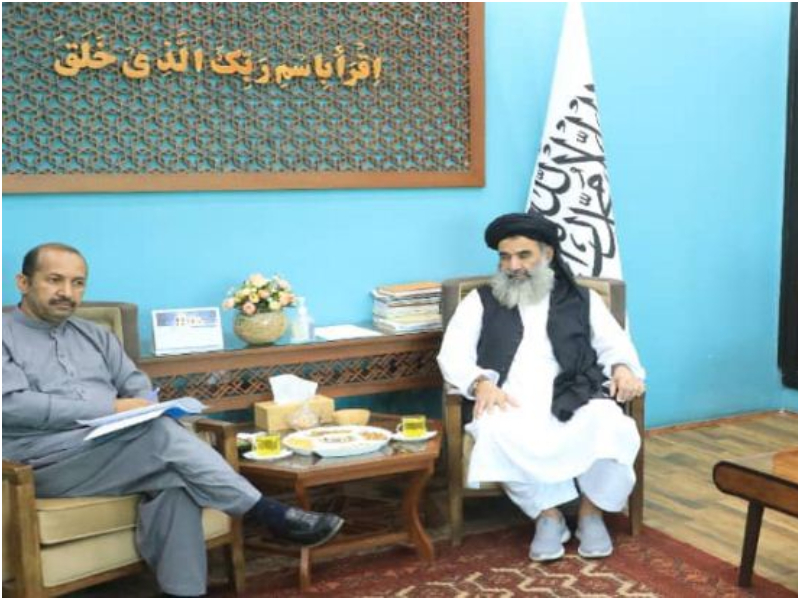Concerns are also voiced by university professors, who fear that the continued closure of universities to girls will hinder the country’s progress…reports Asian Lite News
Despite over 450 days passing, universities in Afghanistan remain closed to girls, with no signs of reopening on the horizon, TOLO News reported.
Expressing their frustration, female students highlight the significant delay in their academic progress, urging the Talibani caretaker government to prioritise the reopening of universities this year.
Khadijah, speaking on behalf of many, emphasises, “The education of girls holds immense importance; it reflects the literacy and development of entire families. Neglecting it jeopardises the education and advancement of society as a whole,” as reported by TOLO News.
Echoing these sentiments, Narow pleads, “We implore authorities to unlock the doors of schools and universities for girls, as their education is crucial for building a strong and progressive society.”
Concerns are also voiced by university professors, who fear that the continued closure of universities to girls will hinder the country’s progress.
Zakiullah Mohammadi, a respected academic, asserted, “Ensuring equal access to education is fundamental for effective governance and societal advancement.”
Former President Hamid Karzai, during discussions with the Norwegian charge d’affaires, underscored the urgency of reopening educational institutions for girls.
Despite the lack of new announcements from the Taliban regarding the reopening, previous assurances from the caretaker government regarding girls’ right to education are remembered.
Since the Taliban’s return to power, schools have barred girls beyond the sixth grade, and now, over a year later, female students find themselves denied access to university education as well, TOLO News reported.
‘Stop excuses, open schools for girls’
Earlier, Amnesty International, an NGO for human rights, had demanded the Taliban authorities to immediately reopen all girls’ schools across Afghanistan.
It has also urged the Taliban to refrain from using “empty excuses” to continue the ban on girls’ education.
The organisation stated that the Taliban’s reasons for banning girls’ education are “empty excuses for further discrimination in Afghanistan.”
The organisation said on social media platform X on Wednesday that it had surveyed the opinions of Afghan girls on the ban on education beyond the sixth grade. One girl said, “Her dreams are shattered.” Another student told the organisation that “she has lost all hope.”
The Taliban has stated that the conditions they envision for reopening schools and universities are “not suitable for all girls.” Taliban officials, close to three years into their return to power, have remained silent or made ambiguous statements about the reopening of the schools and universities for girls, as reported by Khaama Press.
But, the critics argue that depriving girls of education is part of the Taliban’s policies to isolate women and severely restrict their rights. They say that the Taliban has imposed “gender apartheid” in Afghanistan.
As the Taliban solidifies its control over Afghanistan, the humanitarian crisis in the country has worsened. With infrastructure crumbling and essential services disrupted, millions are at risk of starvation and disease. Humanitarian organizations struggle to provide aid amidst security concerns and logistical challenges.
The ban on girls’ schools since the Taliban takeover has led to a generation of girls deprived of education, perpetuating cycles of poverty and inequality.
The denial of education not only stifles individual opportunities but also hampers the nation’s socio-economic development, exacerbating its already dire circumstances. International pressure mounts for the Taliban to reverse its discriminatory policies and ensure equal access to education for all Afghan children, Khaama Press reported. (ANI)

